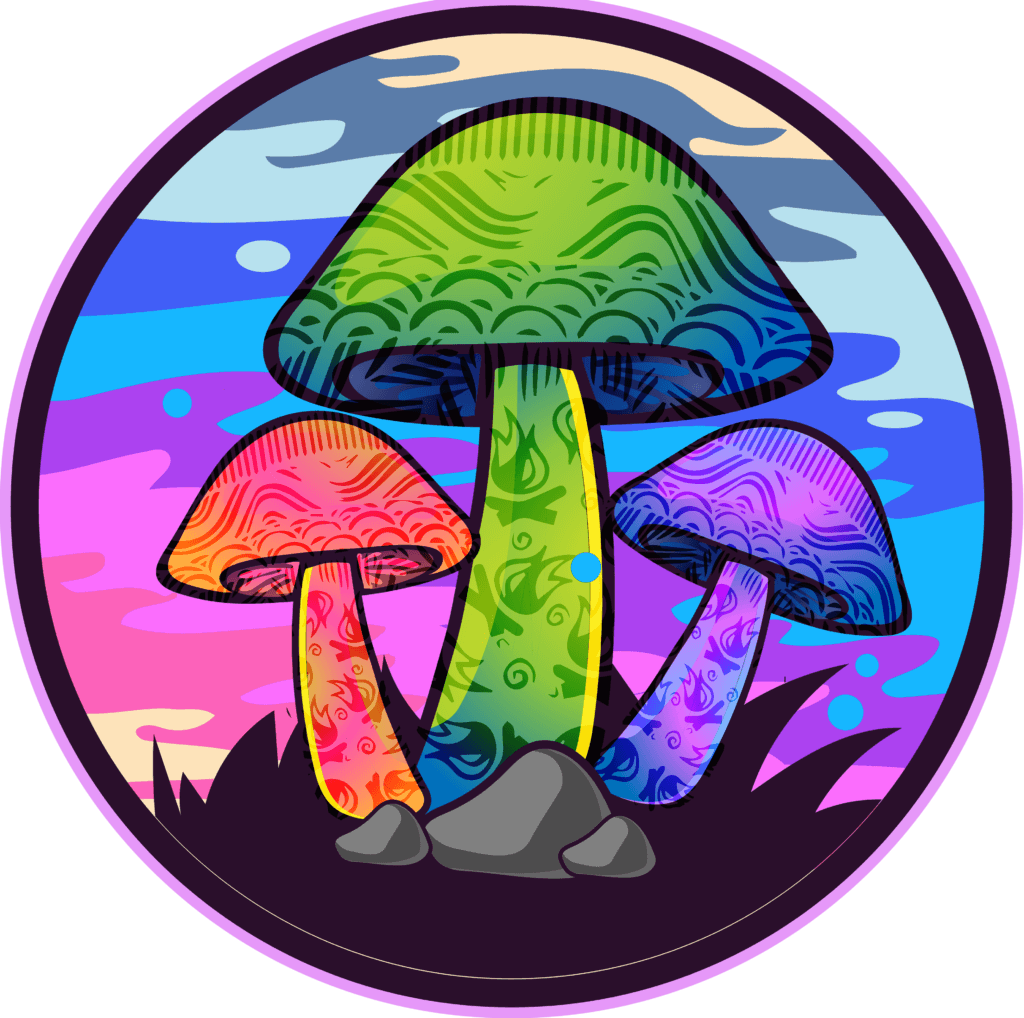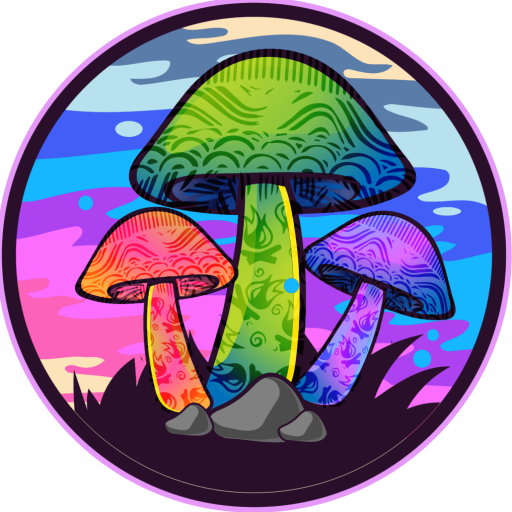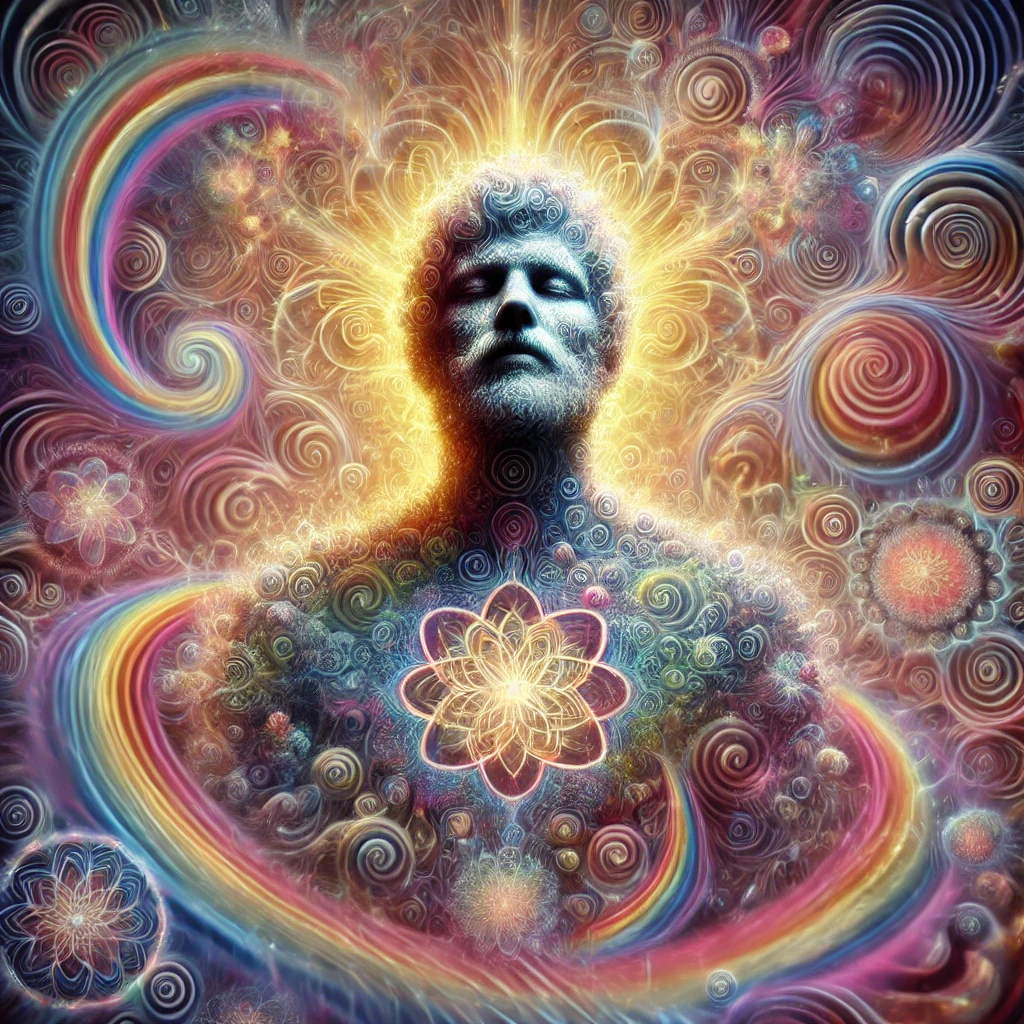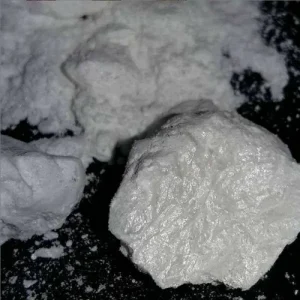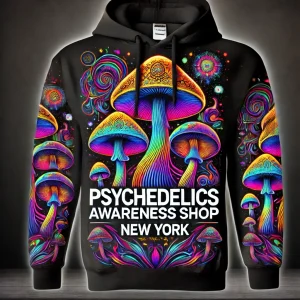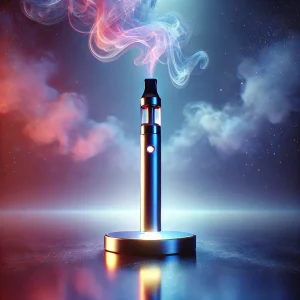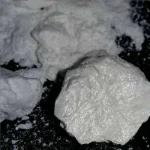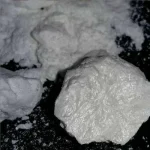Introduction to LSD
LSD, or lysergic acid diethylamide, is one of the most powerful hallucinogenic substances known to man. Discovered in 1938 by Swiss chemist Albert Hofmann, LSD gained popularity in the 1960s, particularly during the counterculture movement. But what exactly is LSD, and why has it captivated so many people? Let’s dive into the basics.
What is LSD?
LSD is a psychedelic drug that significantly alters perception, mood, and various cognitive processes. Often referred to as “acid,” it is known for its ability to cause vivid hallucinations, deep introspective thoughts, and altered states of consciousness. LSD is derived from a chemical found in a fungus that grows on grains like rye.
How LSD Works
LSD interacts with the brain in ways that are still not fully understood, but scientists have made strides in uncovering its mechanism. At the core, LSD affects serotonin, a neurotransmitter responsible for regulating mood, perception, and cognition.
LSD and the Brain: The Science Behind It
When ingested, LSD binds to serotonin receptors, particularly the 5-HT2A receptor. This action disrupts normal communication between different regions of the brain, leading to the profound visual and emotional effects associated with the drug.
LSD’s Effect on Serotonin Receptors
Serotonin plays a key role in mood, social behavior, and sensory perception. LSD mimics serotonin but amplifies its effects, which can cause users to experience heightened senses, vivid hallucinations, and, in some cases, spiritual or mystical experiences.
The Effects of LSD
LSD produces a range of effects that vary depending on the dose, environment, and the individual’s state of mind.
Short-Term Effects on the Mind and Body
In the short term, users typically experience altered visual perceptions, a distorted sense of time, and intensified emotions. Common physical symptoms include dilated pupils, increased heart rate, and sometimes nausea.
Long-Term Effects: What We Know So Far
While the long-term effects of LSD are not entirely understood, there is evidence to suggest that repeated use can lead to persistent hallucinations or flashbacks, a condition known as Hallucinogen Persisting Perception Disorder (HPPD). However, long-term use doesn’t appear to cause physical harm to the brain or body.
LSD and Consciousness
One of the most fascinating aspects of LSD is its ability to profoundly alter human consciousness.
How LSD Alters Perception
LSD breaks down the barriers between different areas of the brain that don’t normally communicate. This cross-talk can create synesthesia (the blending of senses) where, for example, people can “see” sounds or “hear” colors. It also disrupts the brain’s ability to create a coherent sense of self, leading to what’s called “ego death.”
The Concept of “Ego Death”
Ego death refers to the temporary loss of one’s sense of identity and self. Under the influence of LSD, many users report a dissolution of the ego, experiencing themselves as part of a larger, interconnected whole. This state has been described as both terrifying and enlightening, depending on the individual’s mindset.
Therapeutic Potential of LSD
In recent years, there has been a resurgence of interest in the therapeutic uses of LSD, particularly in the treatment of mental health disorders.
LSD in Clinical Research
Clinical trials have shown that LSD may be helpful in treating conditions like depression, anxiety, PTSD, and addiction. Studies indicate that a single guided LSD session can lead to lasting improvements in mood and emotional well-being.
Promising Studies for Mental Health Treatment
LSD has shown promise in alleviating end-of-life anxiety in terminally ill patients and reducing symptoms of treatment-resistant depression. Ongoing studies aim to explore its full therapeutic potential, especially in controlled, clinical environments.
The Legal Status of LSD
Despite its potential benefits, LSD remains illegal in most parts of the world.
Current Laws and Regulations
In the United States and many other countries, LSD is classified as a Schedule I drug, meaning it is considered to have a high potential for abuse and no accepted medical use. However, in some places like Brazil and Portugal, LSD use is decriminalized, meaning individuals face no legal penalties for personal use.
Countries Where LSD is Decriminalized or Legal
Certain countries and regions, including parts of Europe and South America, have taken steps to decriminalize or legalize LSD for therapeutic use. Research continues in these areas to assess the broader implications of legalizing the substance.
Risks Associated with LSD
While some people have positive experiences with LSD, the drug is not without risks.
Physical and Psychological Risks
The psychological risks of LSD include the potential for paranoia, panic attacks, and psychosis, especially in people predisposed to mental health disorders. Physically, LSD is considered non-toxic, but users can engage in risky behavior while under the influence, which can lead to accidents.
The Potential for a “Bad Trip”
A “bad trip” is a term used to describe a negative or frightening experience while on LSD. During a bad trip, users may experience extreme anxiety, confusion, and hallucinations that feel threatening or overwhelming.
Common Misconceptions About LSD
LSD has been the subject of many myths and misconceptions over the years.
LSD Myths Debunked
One common myth is that LSD can cause permanent insanity. While LSD can trigger latent mental illnesses in vulnerable individuals, it does not cause long-term psychosis in most users. Another misconception is that LSD remains in the body forever, which is also false.
Is LSD Addictive?
Contrary to popular belief, LSD is not physically addictive. Most users do not experience cravings or withdrawal symptoms, though frequent use can lead to tolerance, meaning higher doses are required to achieve the same effect.
LSD in Popular Culture
LSD has had a lasting impact on popular culture, especially during the 1960s.
LSD’s Influence on Music and Art
Many iconic musicians, such as The Beatles and Jimi Hendrix, openly discussed their use of LSD, which influenced their music and the broader counterculture movement. Artists have also credited LSD with inspiring their creativity and vision.
Famous Figures Associated with LSD Use
Individuals like Timothy Leary and Aldous Huxley were vocal proponents of LSD, advocating for its potential to expand human consciousness. Their work continues to shape the dialogue around psychedelics today.
The Future of LSD
The future of LSD is uncertain but promising, particularly in the realm of medical research.
Ongoing Research into LSD
Scientists continue to study the effects of LSD, especially in therapeutic settings. There is hope that LSD could one day be legalized for medical use, given the promising results in mental health treatment.
Could LSD Be Legalized for Medical Use?
With growing evidence of its benefits, it’s possible that LSD could eventually be legalized for specific medical purposes, much like cannabis has been in many parts of the world.
Conclusion
LSD remains a complex and controversial substance, offering profound insights and experiences while also carrying significant risks. As research continues, we may discover new ways to harness its potential for therapeutic purposes. However, until then, LSD remains largely illegal and misunderstood.
